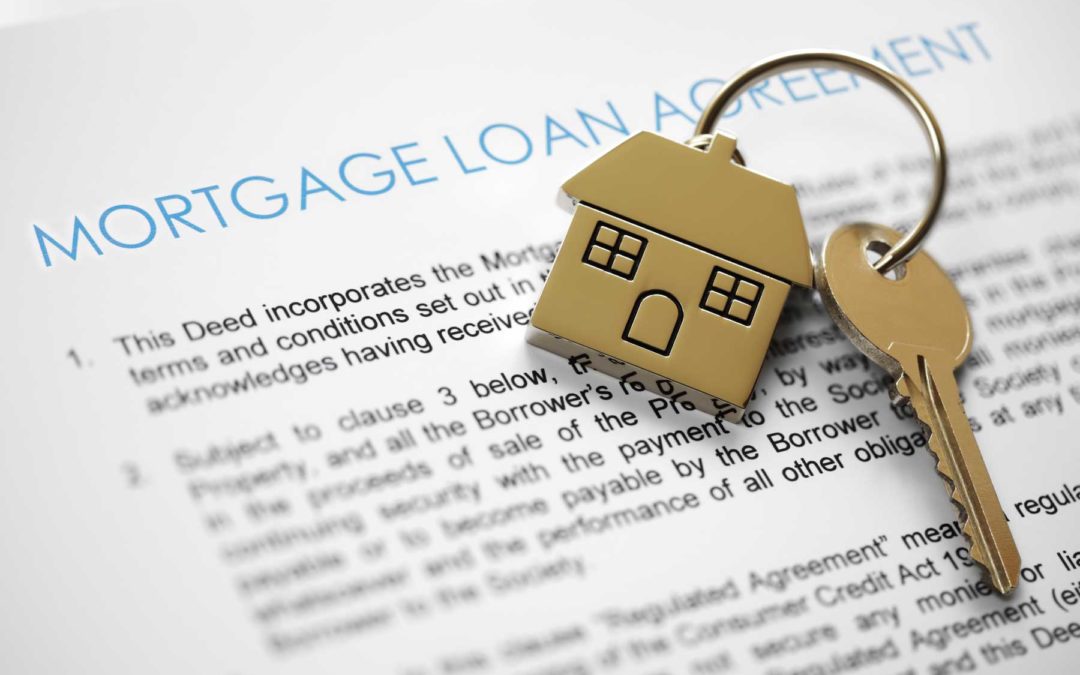It’s exciting to be a first-time homeowner! But we understand how daunting it can be, especially when you see homes being acquired at a median price of nearly $350,000 and available homes flying off the market in weeks.
Buying a home for the first time might be difficult. After all, there are several processes, jobs, and standards, and you may be concerned about making a costly error. However, first-time homebuyers benefit from several particular incentives to promote new participants into the real estate market.
Purchasing a home entails locating a suitable property, obtaining financing, making an offer, obtaining a home inspection, and finalizing the transaction.
Consider the type of property that will best match your needs, your budget, the amount of financing you can get, and who will help you with your search.
Like any other large job, a successful home buying process is all about getting the details perfect from start to finish.
Things you Should Do
-
Do not have debts and have an emergency fund:
Even if your monthly house payment is equivalent to or less than your current rent, owning a home is significantly more expensive than renting.
When you own a home, you are accountable for everything. All the upkeep. All of the mishaps. All of the maintenance. And it can quickly pile up. Before buying your first house, make sure you’re debt-free and have a three to a six-month emergency fund set aside.
-
Star Saving Early:
Your down payment required will be determined by the type of mortgage you select and the lender. For first-time home purchasers with outstanding credit, some conventional loans require as little as 3% down.
However, even a small down payment might be difficult to save for. You’ll also need money once you buy a house. Make a budget for immediate house repairs, upgrades, and furnishings.
-
Use the 25% Rule to Determine How Much House You Can Afford:
Before you become deeply connected to a lovely home, examine your monthly budget to see how much house you can afford. Do not spend more than 25% of your monthly take-home pay on HOA fees, taxes, and insurance.
-
Examine and improve your credit score:
To know if you qualify for a mortgage, your credit score should be looked up. It also will influence the interest rate the seller is offering. Take the following measures to improve your credit score before purchasing a home: obtain free copies of your credit reports and challenge any errors that may affect your score.
Keep your credit card balances as low as possible by paying all of your bills on schedule. Maintain your current credit cards. Closing a credit card reduces your available credit, which lowers your credit score.
-
Remember to anticipate closing costs:
Closing charges must be paid in addition to your down payment. Closing expenses are typically 3–4% of the purchase price of your house. Your lender will provide you with a particular number to know exactly what you need to bring on closing day.
You can negotiate a percentage of your closing costs with the seller, and you can save money on some charges, like home inspections, by shopping around.
-
Mortgage rates and costs should be compared:
The Consumer Financial Protection Bureau advises seeking loan estimates from different lenders for the same type of mortgage to compare costs such as interest rates and possible origination fees.
-
Before you go house hunting, be pre-approved for a loan:
When you’re comfortable that you’ve saved enough money to cover closing costs and at least 10% of the value of your property, you’re ready to deal with the rest by consulting with a mortgage lender.
Before you begin your house hunt, be prequalified for a loan and wait for a preapproval letter. Preapproval demonstrates to sellers that you are a serious buyer, which is an excellent approach for first-time homebuyers to get an advantage in a competitive market.
Yes, today’s housing market is challenging. However, the better prepared you are, the faster you will be able to move to get your ideal property. So, as soon as feasible, begin working on your own money.
When you’re ready to buy, contact a lender immediately to create a budget and determine how much money you’ll need.
Remember that the more you know about the process ahead of time, the less stressful it will be, and the more likely it is that you will get the house you desire at a price you can afford. When you’re done, you’ll have the assurance that comes from successfully negotiating a major life change.


Recent Comments